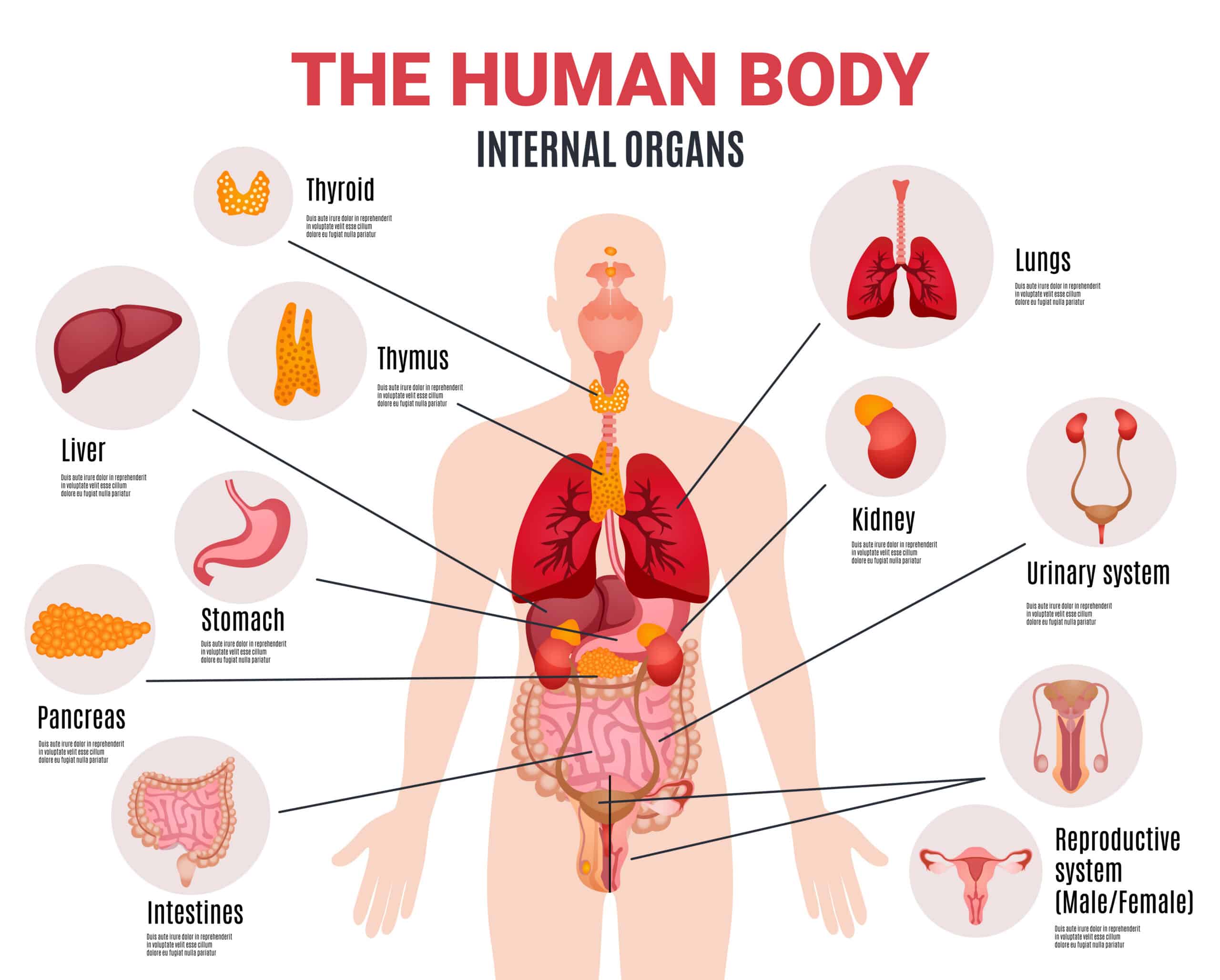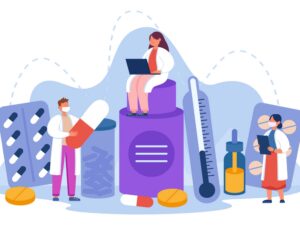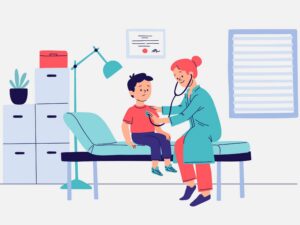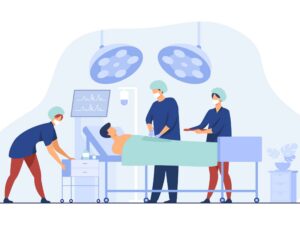Physiology
- Description
- Curriculum
- Reviews

Course Overview:
The Human Physiology course provides an in-depth exploration of the vital functions of the human body. It focuses on how organs and systems work individually and in coordination to maintain life, health, and homeostasis. This course bridges basic science and clinical understanding — making it essential for students in medicine, nursing, and allied health programs.
Through clear explanations, concept-based lectures, and interactive resources, learners will develop a strong grasp of physiological mechanisms, control systems, and their clinical significance.
Key Topics Covered:
-
Introduction to Physiology and Homeostasis
-
Cell Physiology and Membrane Transport
-
Blood and Body Fluids
-
Nerve and Muscle Physiology
-
Cardiovascular Physiology
-
Respiratory Physiology
-
Gastrointestinal Physiology
-
Renal Physiology and Fluid Balance
-
Endocrine System and Hormonal Regulation
-
Reproductive Physiology
-
Central Nervous System and Sensory Physiology
-
Applied and Clinical Physiology
Learning Outcomes:
After completing this course, students will be able to:
-
Explain the physiological functions of major organ systems.
-
Understand the mechanisms of body regulation and integration.
-
Analyze the effects of disease or injury on physiological processes.
-
Apply physiological principles to clinical diagnosis and treatment.
Who Should Enroll:
-
MBBS, BDS, Nursing, and Paramedical Students
-
TNPSC Medical Services and NEET PG Aspirants
-
Anyone interested in learning how the human body functions in health and disease
Course Features:
-
Comprehensive Video Lectures and Animations
-
Concept-based Study Notes
-
System-wise Practice Tests and Quizzes
-
Downloadable Diagrams and Flowcharts
-
Certificate of Completion



